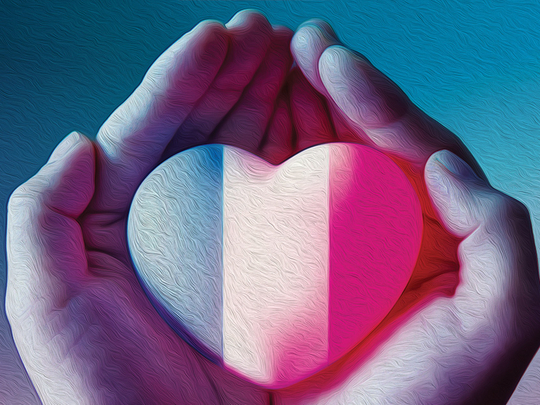
Eighty-four people died late on Thursday night as a lorry drove for more than a mile through the Bastille Day crowds in the southern French city of Nice. The driver eventually died in a hail of police bullets. The incident, on a day when the French celebrate equality, liberty and fraternity, could hardly be more horrific.
The victims are beyond help, but the French people should have whatever sympathy the world can usefully offer. The danger is that ritualised global responses to these incidents become their megaphone. They raise the multiplier impact of the act of terror — and also raise public expectation that “something can be done”.
The French President, Francois Hollande, has extended for three months the state of emergency, resulting from the Charlie Hebdo and Paris nightclub killings of last year. He has announced, yet again, that France is “at war” with the threat of terrorism.
A further 10,000 reservists are to be deployed. “Activities will be strengthened” in Iraq and Syria. In London and Washington, counter-terrorism agencies are on alert, and United States President Barack Obama is “being updated by his national security team”.
Defending a crowd
Such responses may comfort the citizens of Nice in their state of shock. However, there is no defence force on Earth that can defend a crowd from a madman in a truck.
Since its invention at the end of the 19th century, motor vehicles have been agencies of terror and death. The first car bomb was “Buda’s wagon ”, which blasted Wall Street in 1920. Cars and trucks are not going to be banned, any more than America is going to ban guns. The only sensible response is to accept the degree of risk that they will always pose and not pretend it can be made to disappear.
Defence lobbyists have become adept at drawing strength from terrorist incidents, citing them in the cause of ever more money and advanced kit. It was grimly ironic that the Nice crowd had just watched an aerial display by France’s lavish force of jet fighters. They were as much use as peashooters in the “war” that was subsequently unleashed on their onlookers — as was France’s arsenal of nuclear missiles and aircraft carriers.
Hollande may more usefully have called up 10,000 psychologists or 10,000 Islamic historians.
As for strengthening France’s role in the civil wars in Iraq and Syria, it is hard to imagine anything more likely to incite other young men to suicide attacks.
A Nice truck driver does not remotely threaten the security of the French state, any more than such acts do the security of America or Britain. The identification of the nation state with random killings of innocent people has become a political aberration.
Institutionalising public alarm
The implication that leaders can somehow prevent such attacks by armed response is a total distraction from the intelligence and police work that may at least diminish their prevalence. It nationalises and institutionalises public alarm. It leads governments into madcap adventurism abroad and “securitises” the private lives of citizens at home.
What has happened in France is tragic and calls for human sympathy. Beyond that, there is nothing we can usefully do — other than make matters worse.
— Guardian News & Media Ltd
Simon Jenkins is a journalist and author. He writes for the Guardian as well as broadcasting for the BBC. He has edited the Times and the London Evening Standard and chaired the National Trust. His recent books include England’s Hundred Best Views, and Mission Accomplished? The Crisis of International Intervention.











